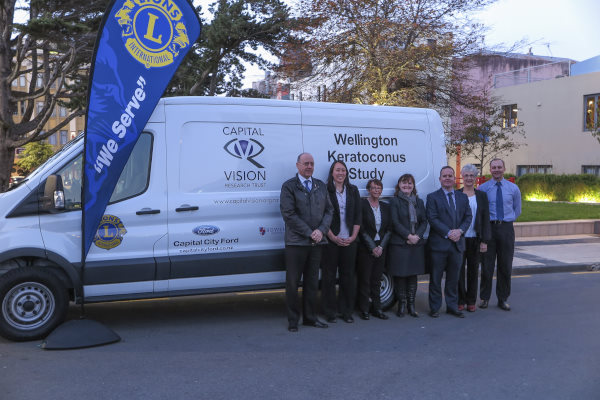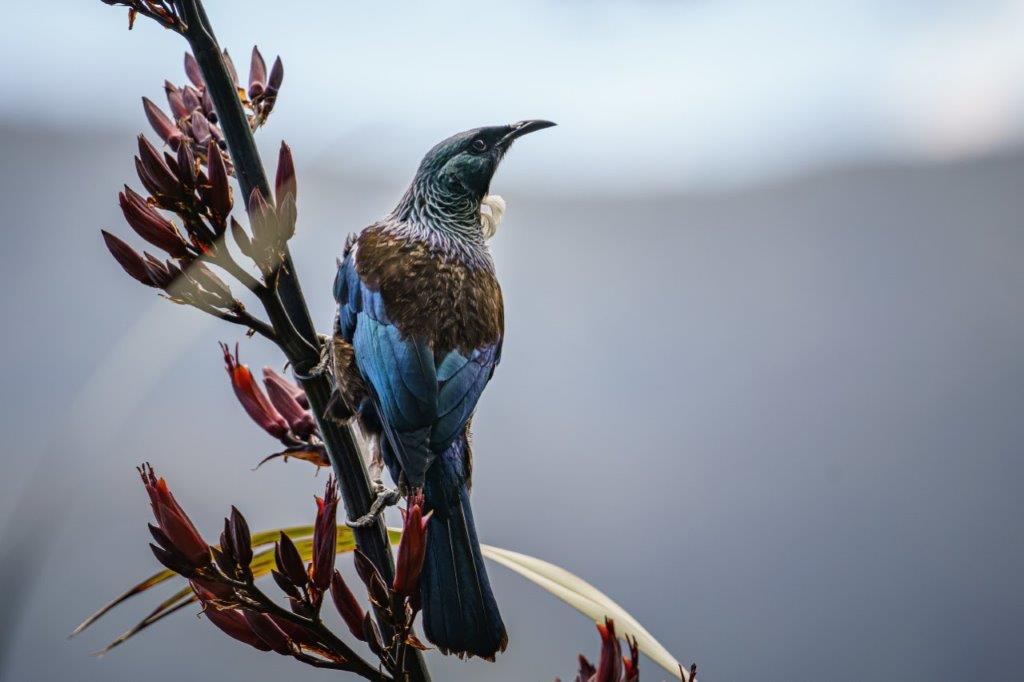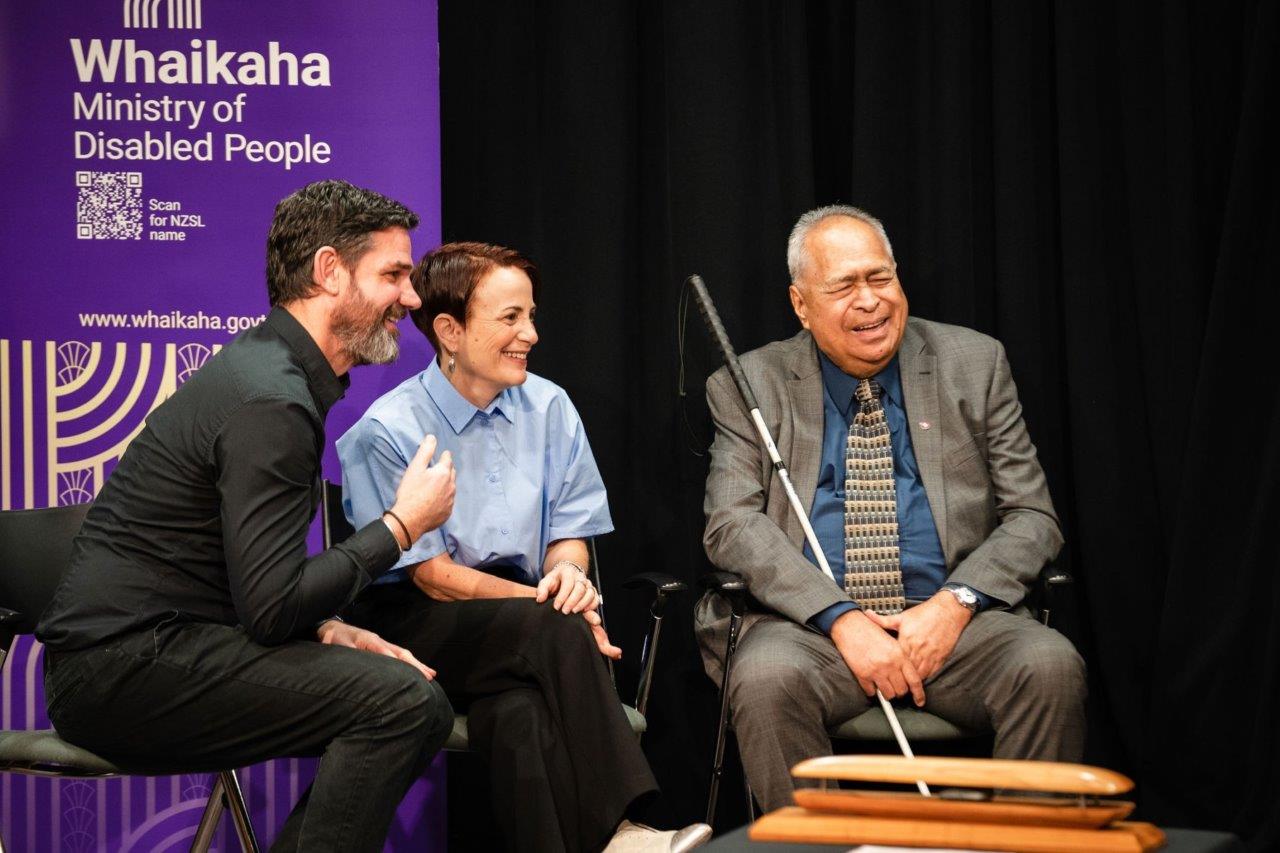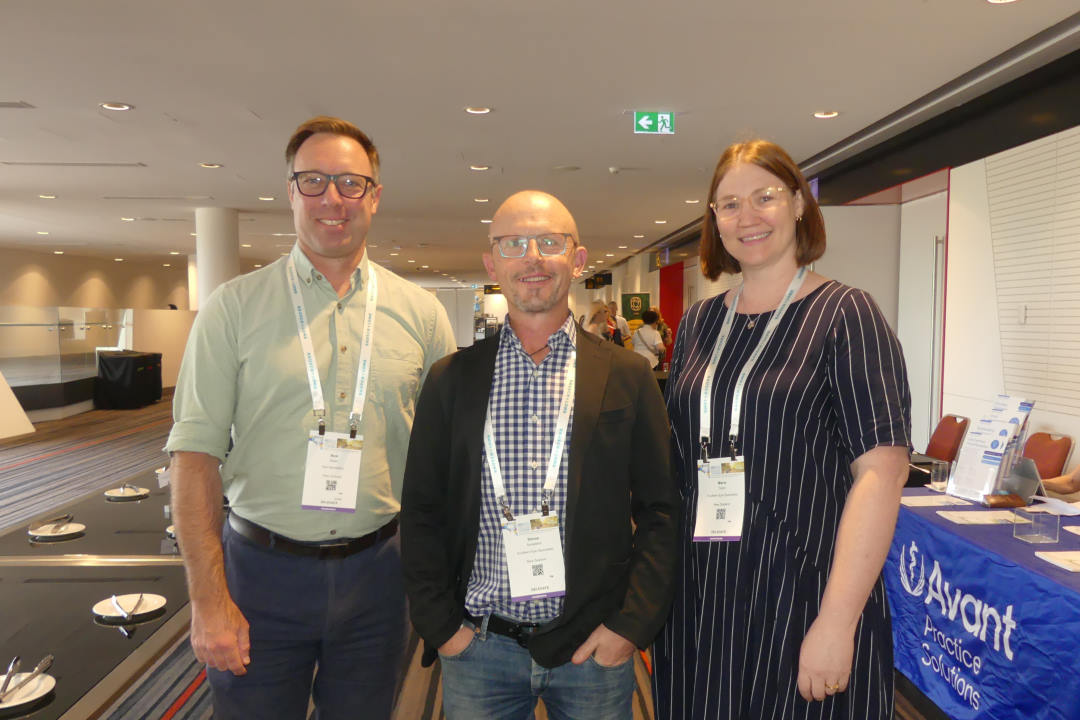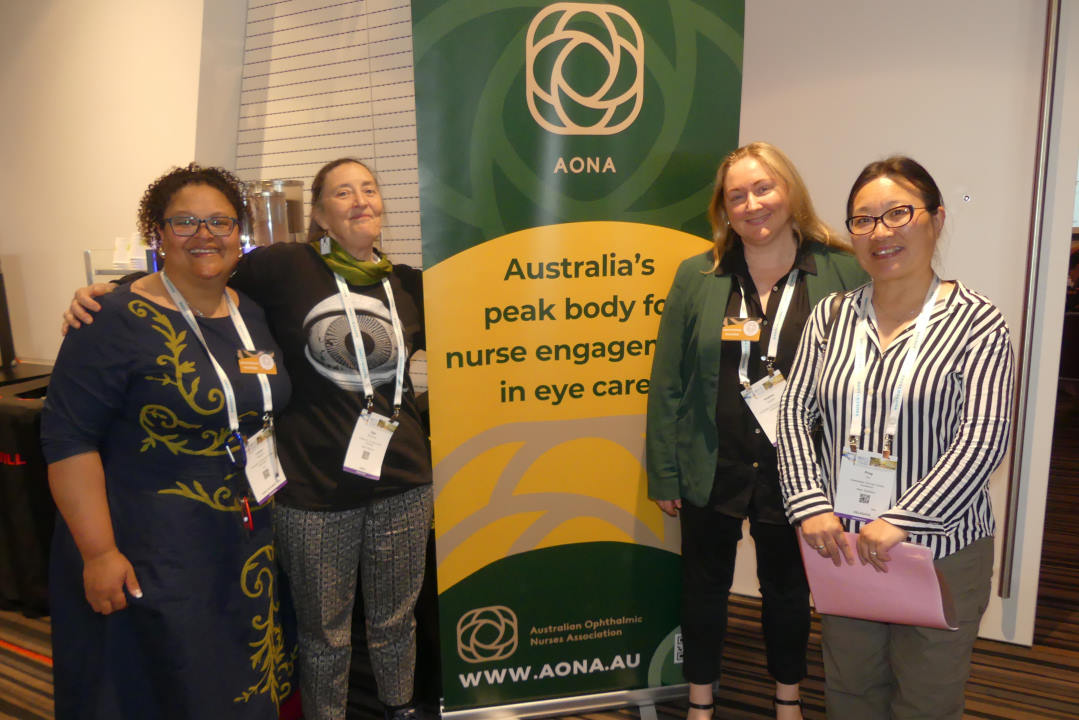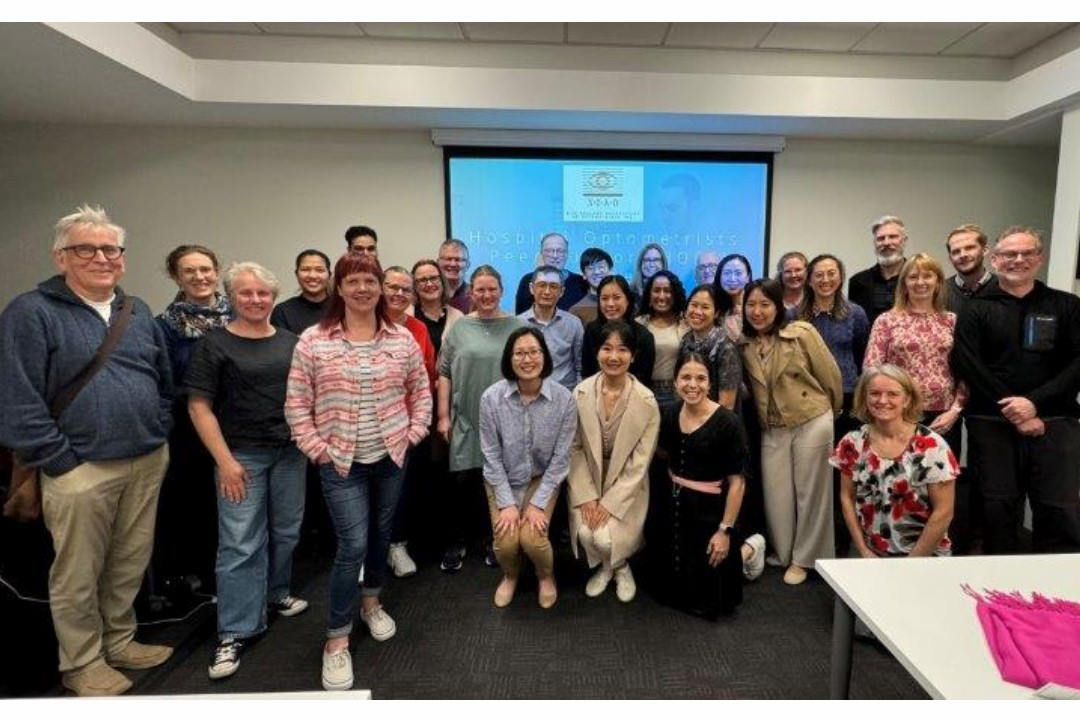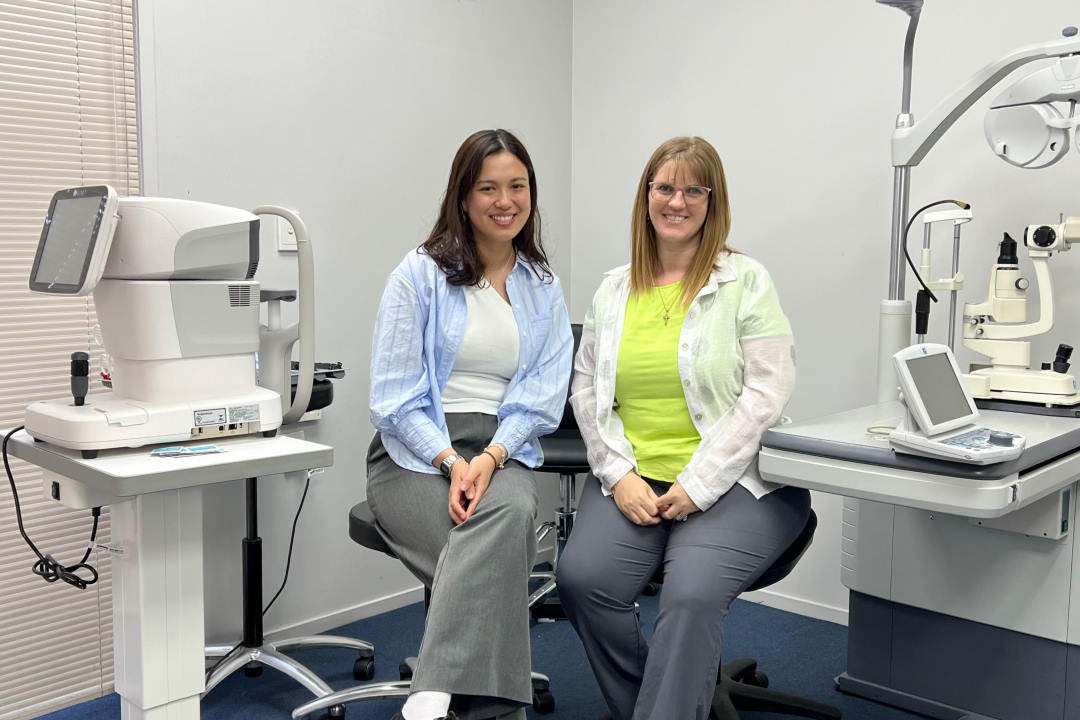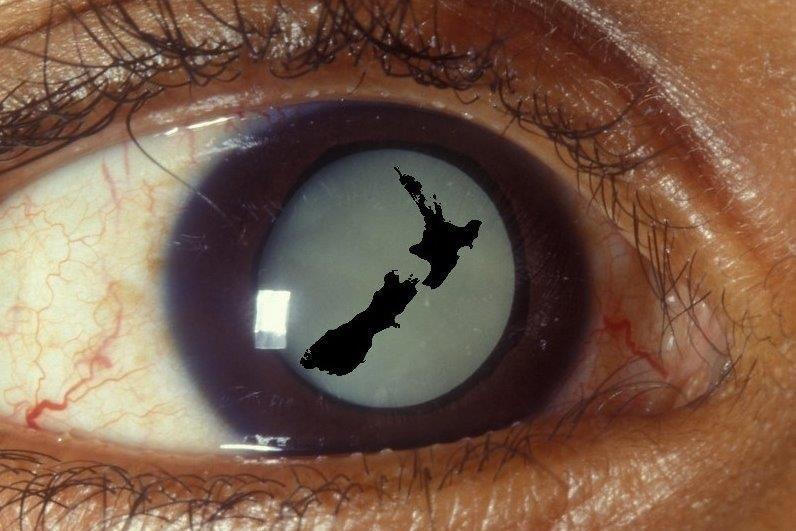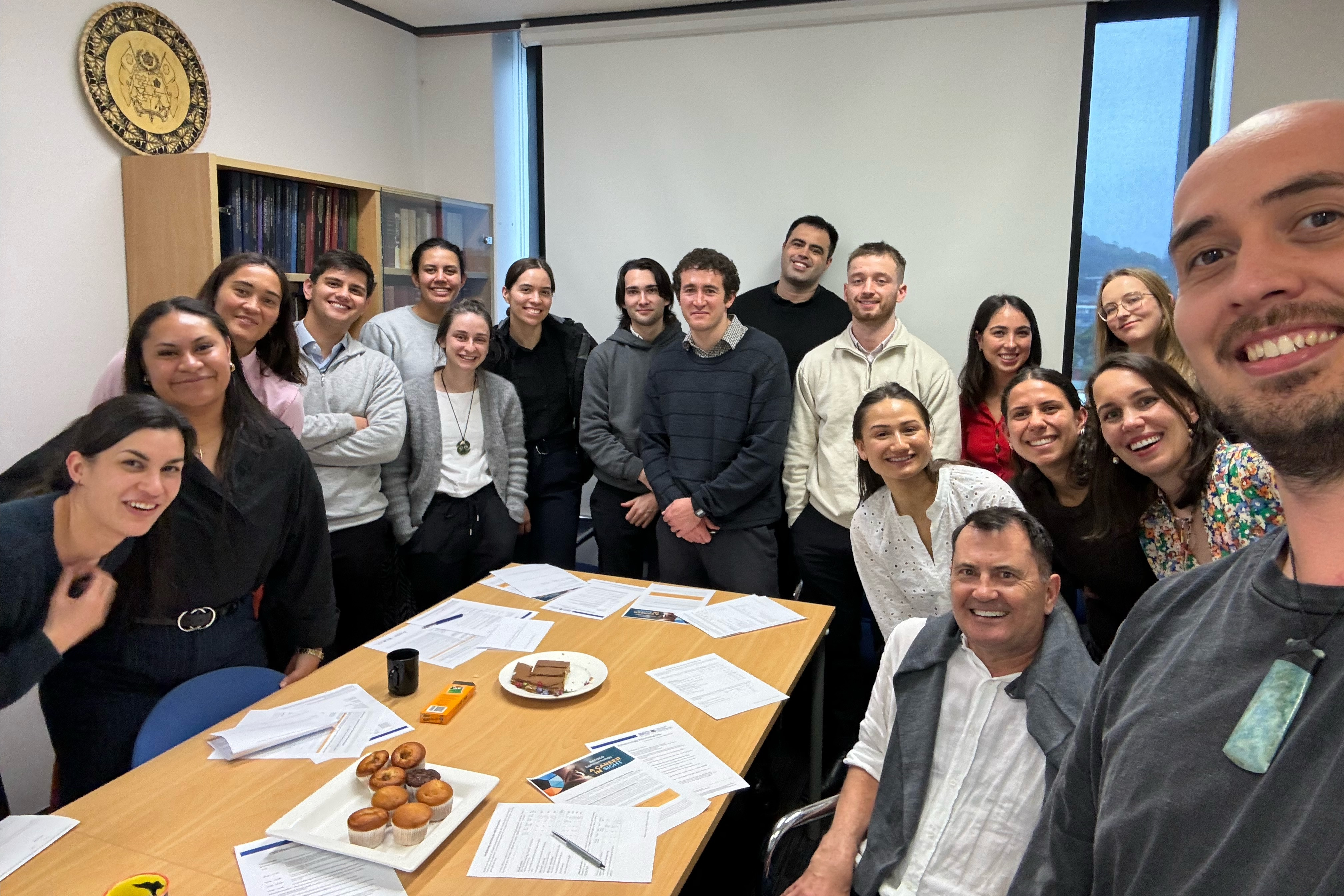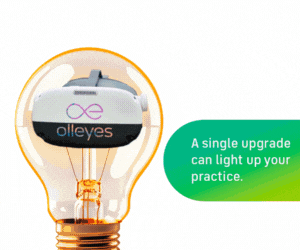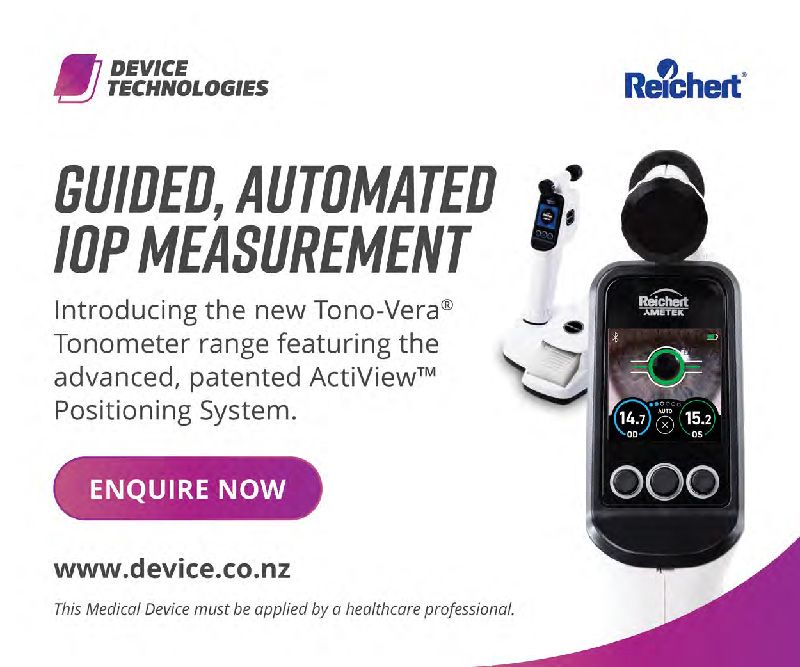Keratoconus far more prevalent
The world’s first keratoconus study in school children, the Wellington Keratoconus Study (WELKS), is just over half-way through and is already providing some insightful initial findings.
In an update, released last month by the charity Capital Vision Research Trust (CVRT), which is conducting the study, it was announced that more than 1000 Wellington teenagers in years 9 to 11 have been screened for keratoconus since the study’s launch earlier this year.
Initial findings show that compared to previous estimates keratoconus is 25 times more prevalent in year 11s and nine times more prevalent in year 9s than previously thought. Of those diagnosed with keratoconus, 85% are male and 83% are of Maori descent.
The WELKS study is being conducted with support from the Lions Club, local eye health specialists, Ford, Bowen Hospital and Alcon Vision Care. “The results from this study will have both national and international significance for the eye health of our young people,” said CVRT.
CVRT study coordinator Janet Paget, in an article in the Dominion Post, said little was known about the prevalence of keratoconus, which was often only detected later in life when it was more difficult to correct. If keratoconus is picked up early it can be corrected with glasses, but if undetected can eventually cause blindness and require cornea transplants. “We are expecting to pick up at least one kid per school, possibly more." The study is also picking up children who needs glasses or suffer from other eye problems.
CVRT kitted out a specially-equipped van, complete with a Pentagram corneal topographer, to travel to participating secondary schools to screen year 9 to 11 children as part of the study. St Catherine's school principal Mary Curran told the Dominion Post it was a "win-win" having the research conducted at the school, with students receiving a thorough eye exam. "As long as it's not interfering with their learning, why wouldn't you?"
The aim of WELKS is to identify patterns of keratoconus in its early stages of development, with the hope of developing longer-term best-practice screening and treatment solutions. The study should be completed by the middle of next year.
For more information about WELKS, visit www.capitalvision.org.nz/wellington-keratoconus-study-world-first-2015-2016.








